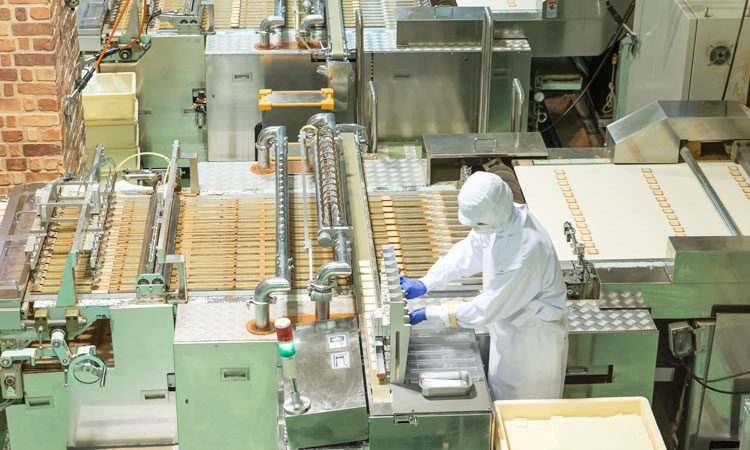FDF survey reveals improved food and beverage industry confidence
- Like
- Digg
- Del
- Tumblr
- VKontakte
- Buffer
- Love This
- Odnoklassniki
- Meneame
- Blogger
- Amazon
- Yahoo Mail
- Gmail
- AOL
- Newsvine
- HackerNews
- Evernote
- MySpace
- Mail.ru
- Viadeo
- Line
- Comments
- Yummly
- SMS
- Viber
- Telegram
- Subscribe
- Skype
- Facebook Messenger
- Kakao
- LiveJournal
- Yammer
- Edgar
- Fintel
- Mix
- Instapaper
- Copy Link
Posted: 17 February 2020 | Sam Mehmet (New Food) | No comments yet
FDF’s latest data shows that the proportion of UK manufacturers who were pessimistic about business conditions declined in Q4 2019, with more reporting improved business confidence than in any other quarter of the year.


Thirty-three percent of operators in the manufacturing sector have seen their plans to become more sustainable halted by the pandemic
The Food and Drink Federation (FDF) has published its 2019 Business Confidence report, which reveals that while official data signalled weak investment and growth for food and beverage manufacturing in the first three quarters of the year, the sector reported improved optimism in Q4.
The survey showed:
- Net confidence in the industry has improved by 29 percentage points since Q1 2019, although it remains negative overall
- Larger businesses are more optimistic about the year ahead for the UK economy than SMEs
- 47 percent of manufacturers foresee UK business investment rising in 2020
- 63 percent see increased domestic demand as an opportunity for their business this year, and over 40 percent are looking forward to increased certainty over the UK’s future EU relationship
- Key concerns for businesses going into 2020 include the cost of ingredients, inconsistent policies on plastic reduction, and border/customs issues – all of which were highlighted by over two thirds of manufacturers.
Manufacturers were also more optimistic about future business conditions, with the share of companies predicting a decline in UK-wide business confidence having fallen by over a third.
In Q4 2019, 33 percent believed business confidence would rise in 2020, compared to two percent in Q4 2018 who felt this way about the year ahead.
Planned investment in new product launches and new machinery were seen as opportunities for over a third of the surveyed manufacturers in 2020. Other opportunities include the possibility of increased domestic demand, increased certainty over a future EU relationship and increased demand for healthy food products.
However, whilst the outlook seems to be more positive than in previous quarters, net confidence remains in negative territory, according to the report, as businesses continue to be impacted by increased input costs and reduced product margins.
Looking ahead to 2020, key concerns for businesses reportedly include the cost of ingredients, inconsistent policies on plastic reduction, and border/customs issues – all of which have been highlighted by over two thirds of the surveyed manufacturers.
A wide range of practical factors relating to Brexit were also highlighted as barriers to success, including UK import tariff uncertainty, and the possibility of failing to secure a free preferential trade agreement with the EU, all of which were reported by over 50 percent of the manufacturers.
“It is no surprise that the industry remains troubled following a period of sustained uncertainty, with our future relationship with the EU still unresolved. But our industry is phenomenally resilient,” said FDF Chief Executive, Ian Wright CBE.
“FDF is absolutely committed to working with government and the devolved administrations to develop detailed plans and practical solutions for our vital industry as we leave the EU. It is essential that we minimise friction in whatever way possible, while maintaining high standards for UK food and drink,” he continued.
Related topics
New product development (NPD), Recruitment & workforce, Regulation & Legislation, Research & development, Trade & Economy








